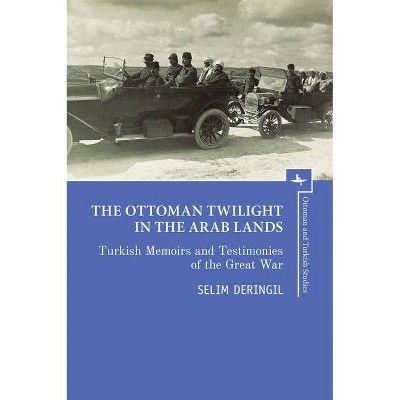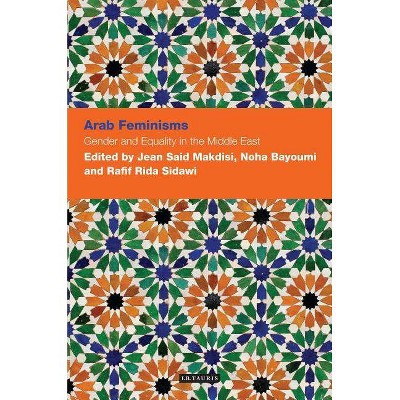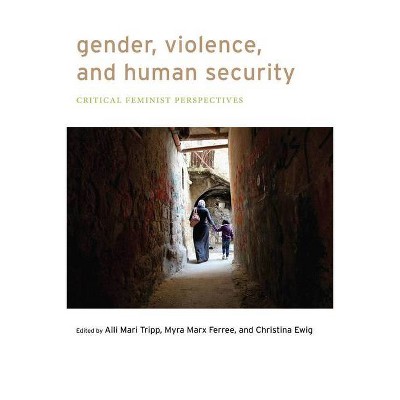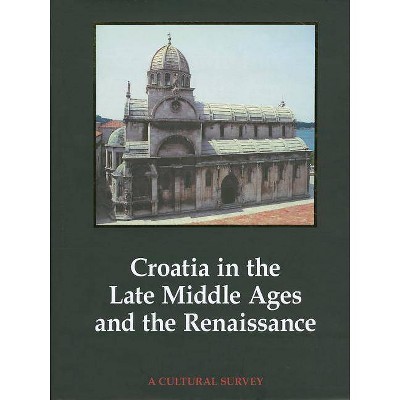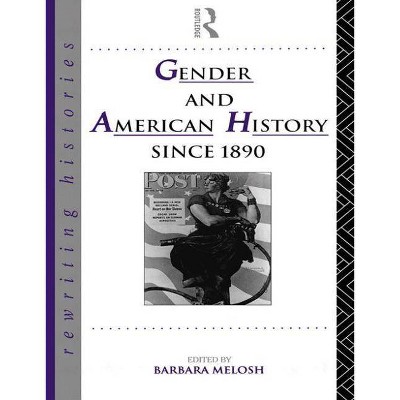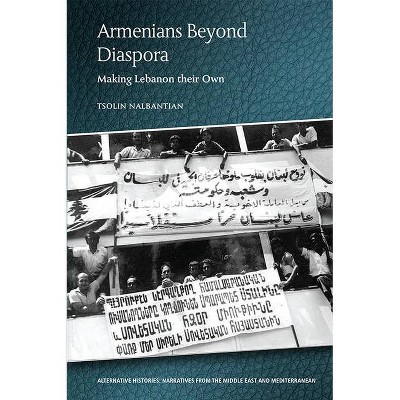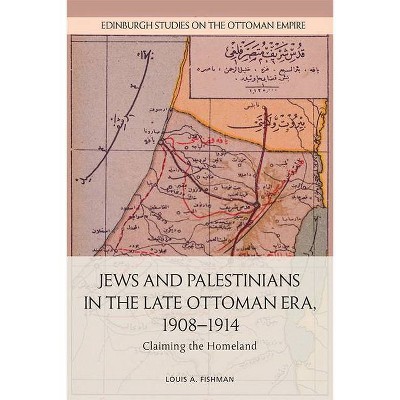Protestants, Gender and the Arab Renaissance in Late Ottoman Syria - (Alternative Histories) by Deanna Ferree Womack (Paperback)
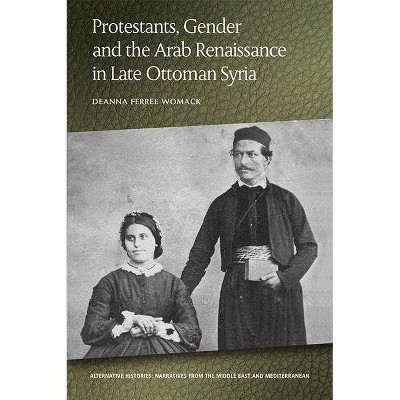
Similar Products
Products of same category from the store
AllProduct info
<p/><br></br><p><b> About the Book </b></p></br></br><p>The Ottoman Syrians - residents of modern Syria and Lebanon - formed the first Arabic-speaking Evangelical Church in the region. This book offers a fresh narrative of the encounters of this minority Protestant community with American missionaries, Eastern churches and Muslims at the height of the Nahda, from 1860 to 1915. </p><p/><br></br><p><b> Book Synopsis </b></p></br></br><p>The Ottoman Syrians - residents of modern Syria and Lebanon - formed the first Arabic-speaking Evangelical Church in the region. This book offers a fresh narrative of the encounters of this minority Protestant community with American missionaries, Eastern churches and Muslims at the height of the Nahda, from 1860 to 1915. </p> <p></p> <p>Drawing on rare Arabic publications, it challenges historiography that focuses on Western male actors. Instead it shows that Syrian Protestant women and men were agents of their own history who sought the salvation of Syria while adapting and challenging missionary teachings. These pioneers established a critical link between evangelical religiosity and the socio-cultural currents of the Nahda, making possible the literary and educational achievements of the American Syrian Mission and transforming Syrian society in ways that still endure today. </p><p/><br></br><p><b> From the Back Cover </b></p></br></br>A comprehensive study of Arab Protestantism during the Nahda in Ottoman Syria The Ottoman Syrians - residents of modern Syria and Lebanon - formed the first Arabic-speaking Evangelical Church in the region. This book offers a fresh narrative of the encounters of this minority Protestant community with American missionaries, Eastern churches and Muslims at the height of the Nahda, from 1860 to 1915. Drawing on rare Arabic publications, it challenges historiography that focuses on Western male actors. Instead it shows that Syrian Protestant women and men were agents of their own history who sought the salvation of Syria while adapting and challenging missionary teachings. These pioneers established a critical link between evangelical religiosity and the socio-cultural currents of the Nahda, making possible the literary and educational achievements of the American Syria Mission and transforming Syrian society in ways that still endure today. Key Features ● Locates Syrian Protestant narratives within American, Ottoman and global histories ● Explores macro-questions of Arab-American relations and gender roles in the Islamic world ● Brings Middle Eastern studies into conversation with the field of World Christianity ● Makes rare and neglected writings by Syrian Protestants accessible to non-Arabic speakers ● Includes a bibliography of primary Arabic source materials by Syrian Protestant women ● Provides family trees of Syrian Protestants ● Includes rare photographs from nineteenth- and early twentieth-century Ottoman Syria Deanna Ferree Womack is Assistant Professor of History of Religions and Multifaith Relations at Emory University's Candler School of Theology.<p/><br></br><p><b> About the Author </b></p></br></br><p>Deanna Ferree Womack is Assistant Professor of History of Religions and Multifaith Relations at Emory University's Candler School of Theology and director of the Leadership and Multifaith Program (LAMP) in Atlanta. Ordained in the Presbyterian Church (USA), Womack has lectured and published widely on the subjects of Arab Protestantism, mission history, world Christianity and Christian-Muslim relations. 'Protestants, Gender and the Arab Renaissance in Late Ottoman Syria' is her first book. Womack is co-editor, with Philip Forness, of the Edinburgh Studies in Middle Eastern Christianity series.<p>
Price History
Price Archive shows prices from various stores, lets you see history and find the cheapest. There is no actual sale on the website. For all support, inquiry and suggestion messages communication@pricearchive.us
